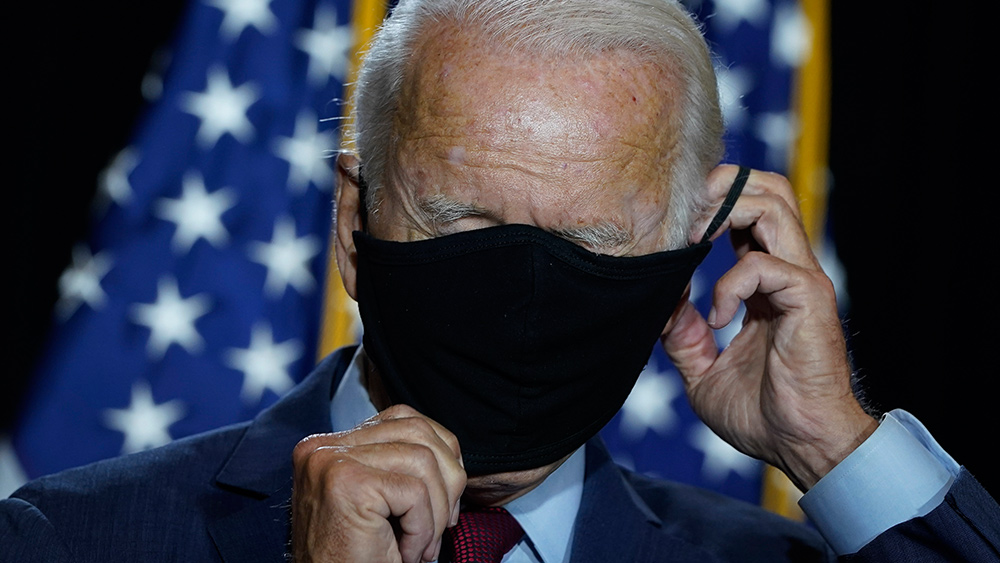 Parler
Parler Gab
Gab
Trespassing and other crimes that used to result in arrest to become ticket-able offenses in Illinois
Another change the bill will make is to curtail which types of criminals can be arrested, resulting in more of them being ticketed as opposed to taken into custody. Someone who trespasses, for instance, will simply get a citation rather than be thrown into a squad car. Once the SAFE-T Act takes effect, police and judges all across the state will have their "hands tied" concerning what will become of the many criminals in Illinois who are right now being held in jail on bail. In Will County alone, there are 640 of them, 60 of whom have been charged with murder, who will be released on January 1. Also, any new arrests resulting in jail time will not be allowed to persist past 90 days for criminals who demand a trial. After the 90th day, Glasgow says, these people will be released from jail "no matter what crime they committed." "What you see in Chicago we'll have here," he added about how Illinois' crime situation will explode once the SAFE-T Act officially commences. Those running for office in the upcoming election must be pressed about the issue by constituents, Glasgow says. He wants every single one of them to promise to repeal the SAFE-T Act, especially since most, if not all, of the legislators who signed it did not even read its 800 pages. "You've got legislators who aren't lawyers, (and) you've got legislators who weren't criminal lawyers," he says. "Trying to read all that in two days, it was impossible." Orland Park Mayor Keith Pekau made an appearance on Fox News to discuss the implications of the bill, stating that "we must not allow this law to stand as passed." "I can't even begin to tell you how dangerous this act is," Pekau explained. The Orland Village Board unanimously passed its own resolution demanding that state legislators work with public safety representatives to address the various problems with the SAFE-T Act. "Someone could decide to live in your shed, and all we could do is give them a ticket," Pekau, who is currently running for Congress, added. "This is a massive threat to residents of Orland Park, Cook County and Illinois." More related news can be found at Violence.news. Sources for this article include: TheCounterSignal.com NaturalNews.com FoxNews.comHigh energy prices are coming to America, too
By Ethan Huff // Share
Governments continue to obscure COVID-19 vaccine data amid rising concerns over excess deaths
By patricklewis // Share
Tech giant Microsoft backs EXTINCTION with its support of carbon capture programs
By ramontomeydw // Share
Germany to resume arms exports to Israel despite repeated ceasefire violations
By isabelle // Share










